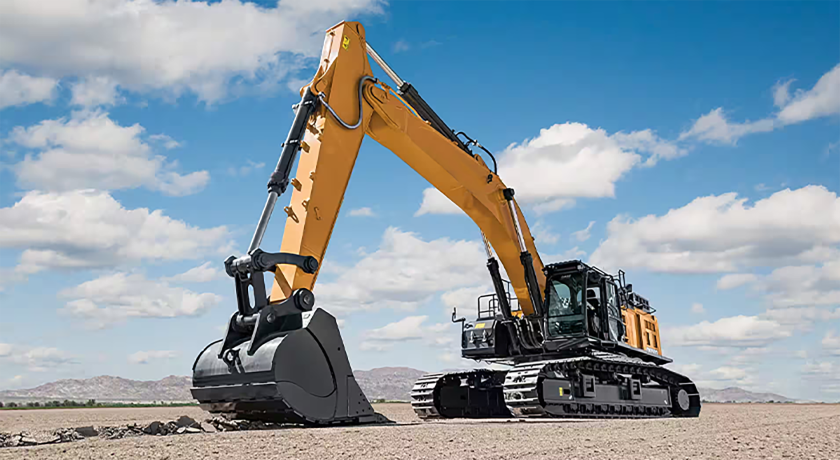
The Importance of Quality Car Parts in Vehicle Maintenance
When it comes to the functionality and longevity of a vehicle, the significance of quality car parts cannot be overstated. Whether it's a routine oil change, brake inspection, or a major engine overhaul, the choice of parts plays a crucial role in ensuring that the car operates safely and efficiently. This article delves into the importance of using quality car parts, the different types available, and tips for maintenance.
Understanding Car Parts
Cars are complex machines composed of numerous components that work together to deliver a smooth driving experience. These parts range from critical engine components, such as pistons and cylinders, to everyday necessities like windshield wipers and headlights. Understanding these parts is essential for any car owner who wants to maintain their vehicle properly.
Types of Car Parts
1. OEM Parts Original Equipment Manufacturer (OEM) parts are made by the same manufacturer that produced the original parts of the vehicle. They offer a high degree of reliability and have been designed to fit perfectly and perform optimally.
2. Aftermarket Parts These parts are produced by companies other than the vehicle's original manufacturer. They can be cheaper and sometimes of equal or even higher quality than OEM parts. However, buyers need to be careful and do their research to ensure they are purchasing from reputable sources.
3. Rebuilt Parts Rebuilt or remanufactured parts are used components that have been refurbished to meet original specifications. While they can be a cost-effective option, they may not always provide the same level of reliability as new parts.
The Impact of Quality on Vehicle Performance
The quality of car parts impacts the overall performance and safety of a vehicle. Using substandard or counterfeit components can lead to a multitude of problems, such as diminished performance, increased wear and tear, and even safety hazards. For instance, installing low-quality brake pads may result in longer stopping distances or brake failure, putting the driver and passengers at serious risk.

High-quality parts, on the other hand, ensure that the vehicle functions as intended. They contribute to better fuel efficiency, smoother rides, and reduced emissions. Additionally, when quality parts are used in repairs, they can lead to fewer breakdowns and a lower likelihood of needing additional repairs in the future.
Maintenance Tips for Car Parts
Regular maintenance is key to prolonging the life of car parts and ensuring optimal vehicle performance. Here are some essential tips
1. Scheduled Inspections Adhere to your vehicle's maintenance schedule as outlined in the owner’s manual. Regular checks can help identify any potential issues before they escalate into costly repairs.
2. Use Quality Fluids Make sure to use high-quality oil, coolant, and other fluids as specified by the manufacturer. Quality fluids can help protect engine components and prolong their life.
3. Replace Worn Parts Promptly Don't delay in replacing parts that show signs of wear. For example, worn-out tires or brakes can significantly impact safety and performance.
4. Be Cautious with DIY Repairs While many car owners enjoy DIY projects, it's crucial to know your limitations. If you're unsure about a repair, consult a professional mechanic.
5. Keep Records Maintain records of all repairs and parts replacements. This information can be useful for future maintenance and resale value.
Conclusion
In conclusion, the quality of car parts directly affects the performance, safety, and longevity of a vehicle. By understanding the different types of parts available and prioritizing quality, car owners can make informed decisions that enhance their vehicles' reliability. Coupled with regular maintenance, these steps can ensure a smooth and safe driving experience for years to come.